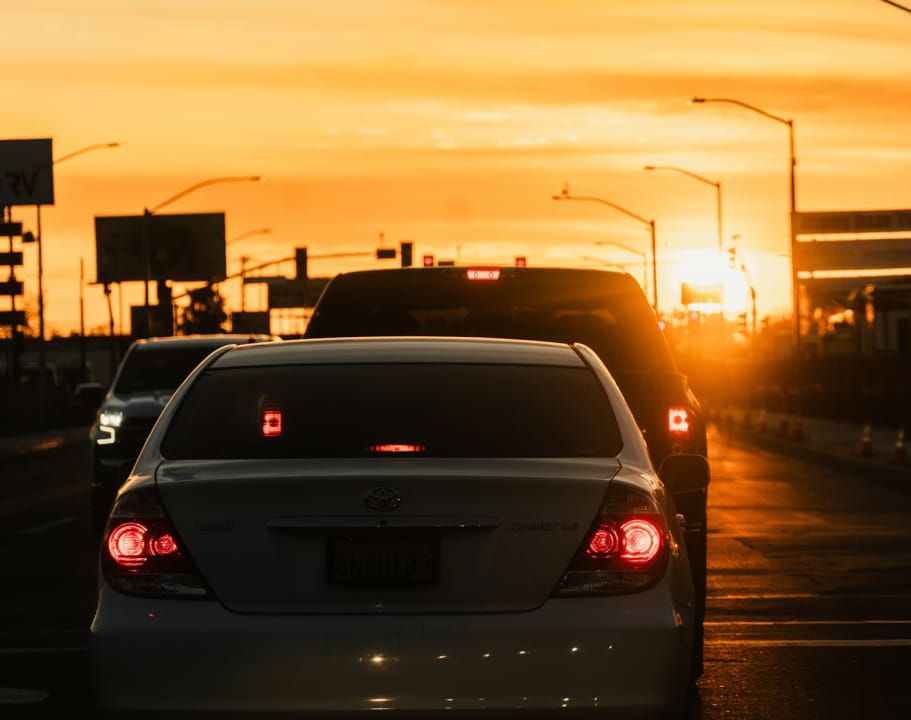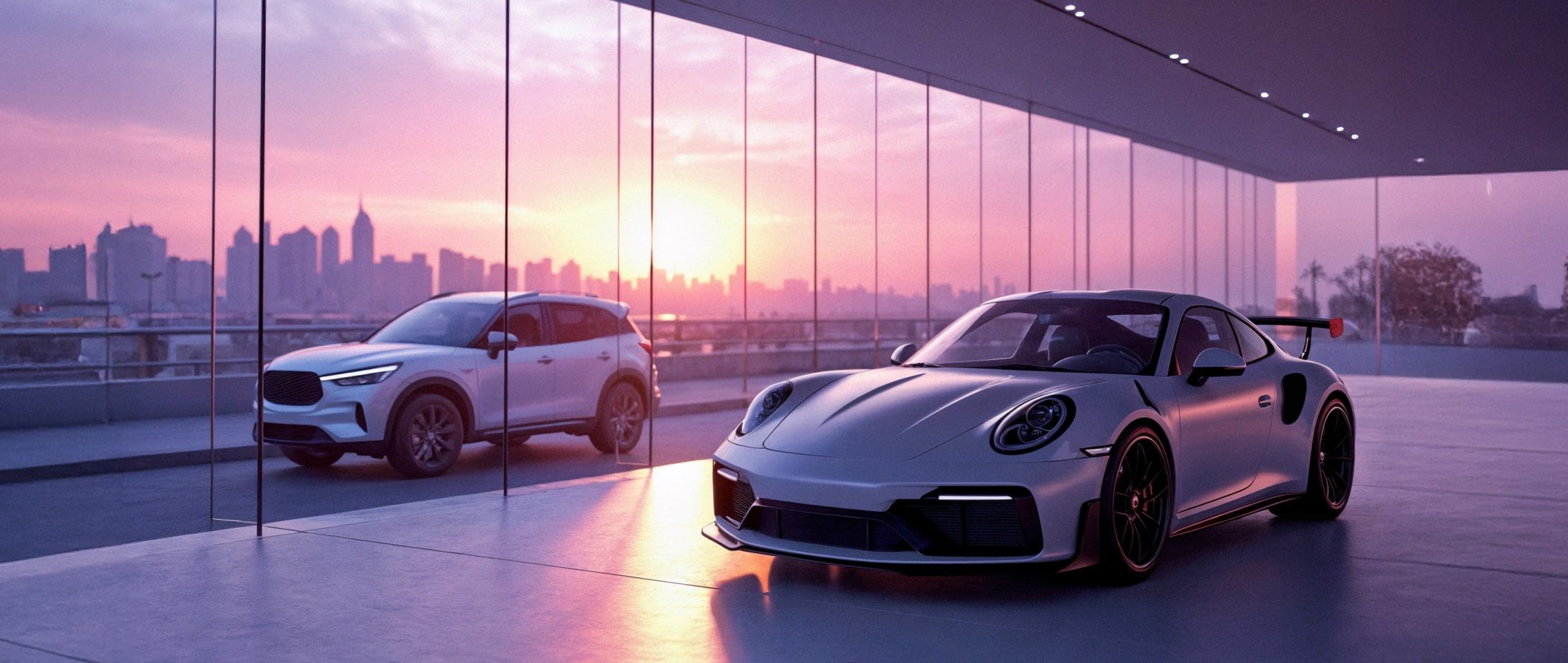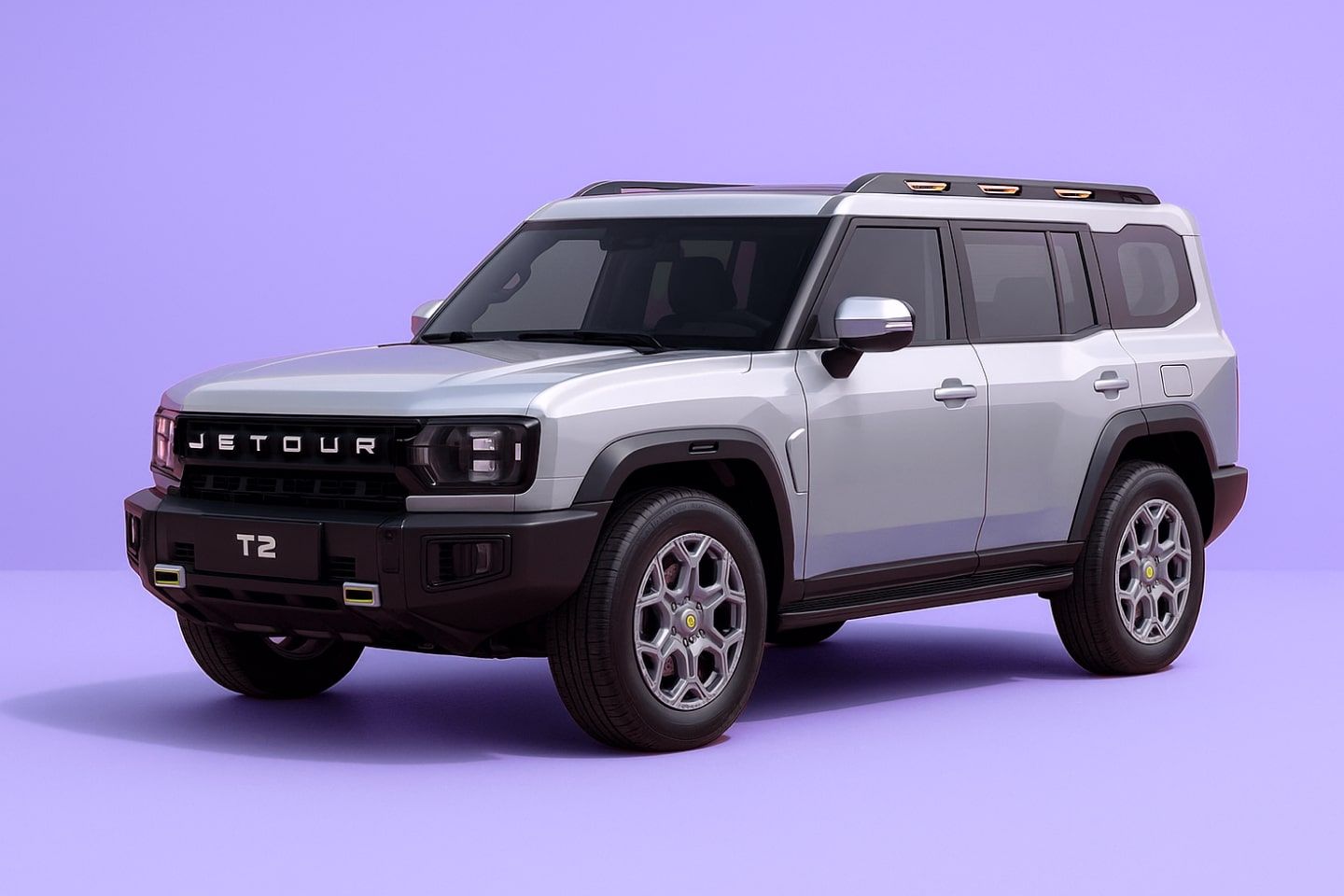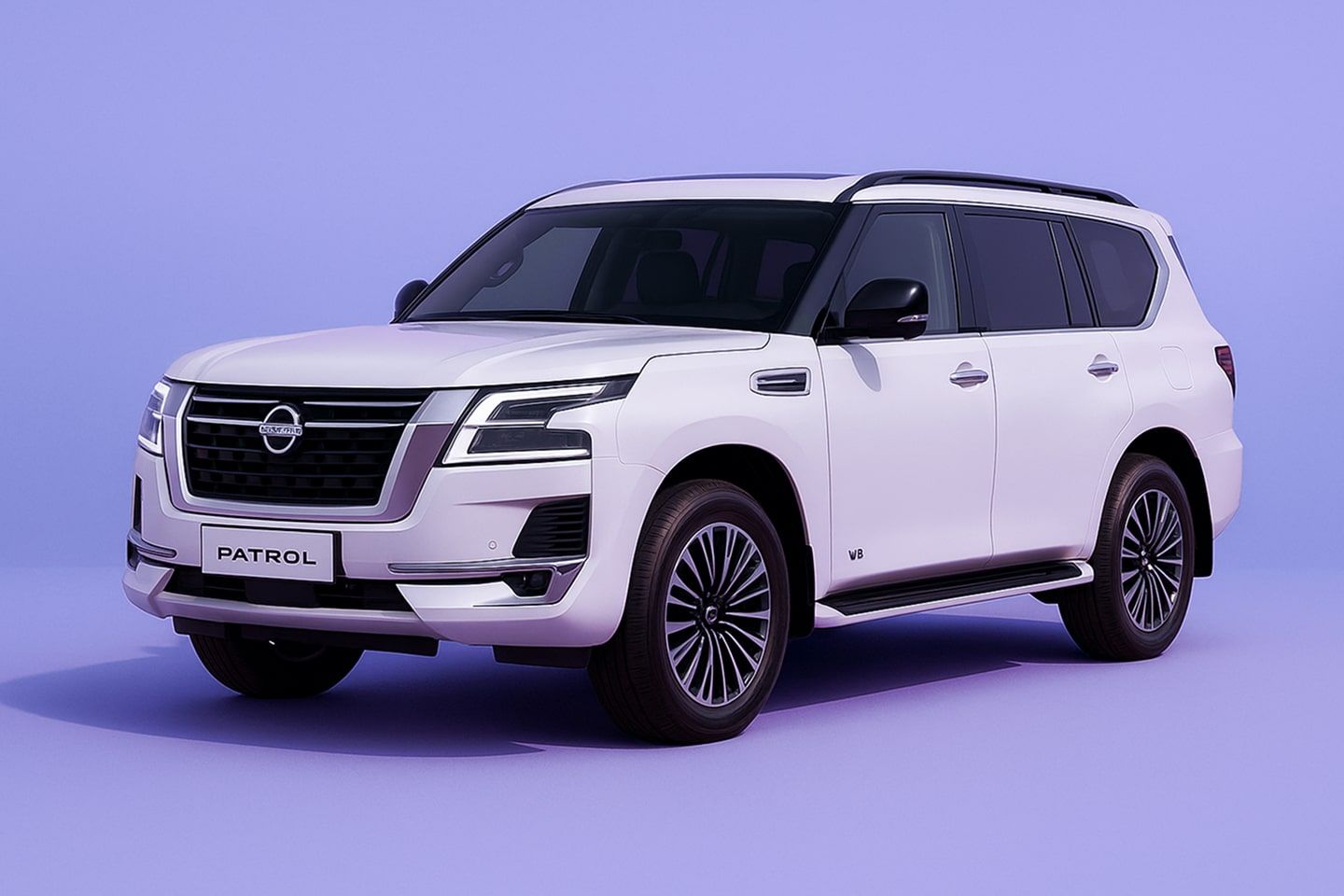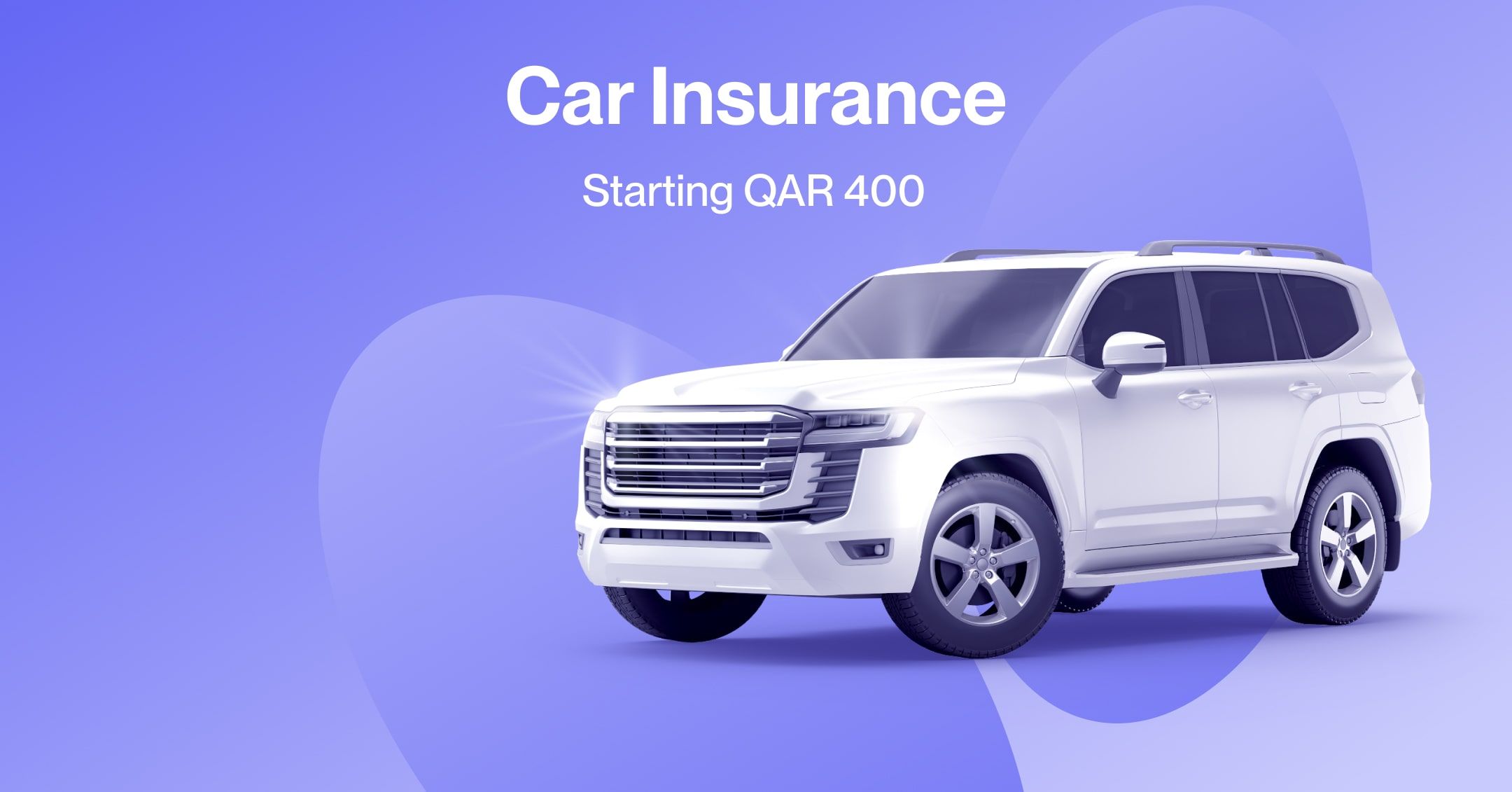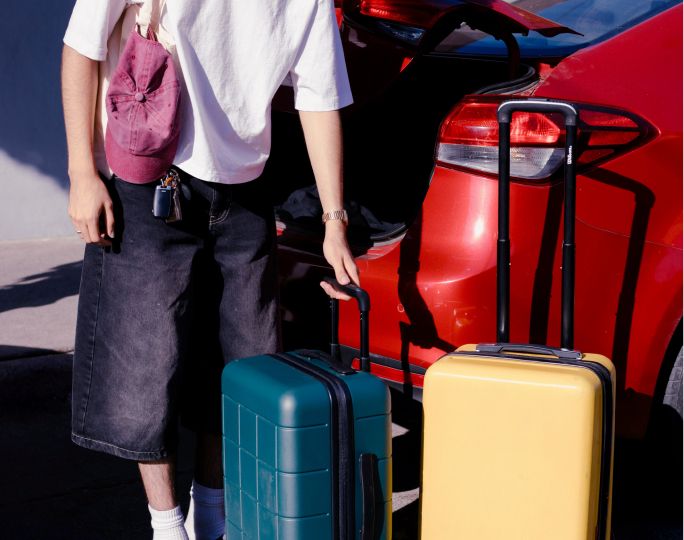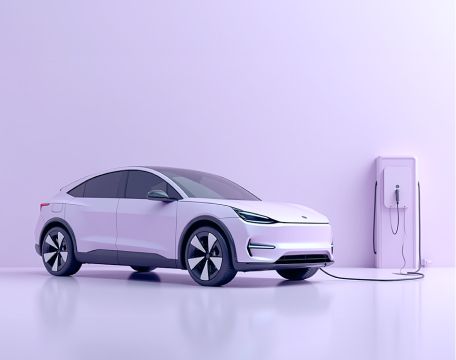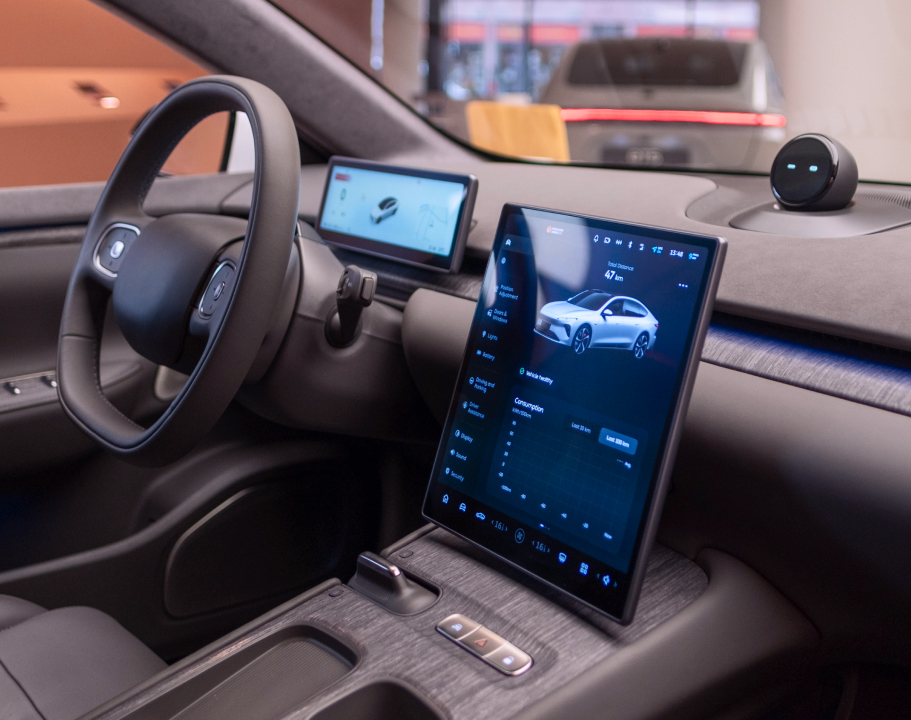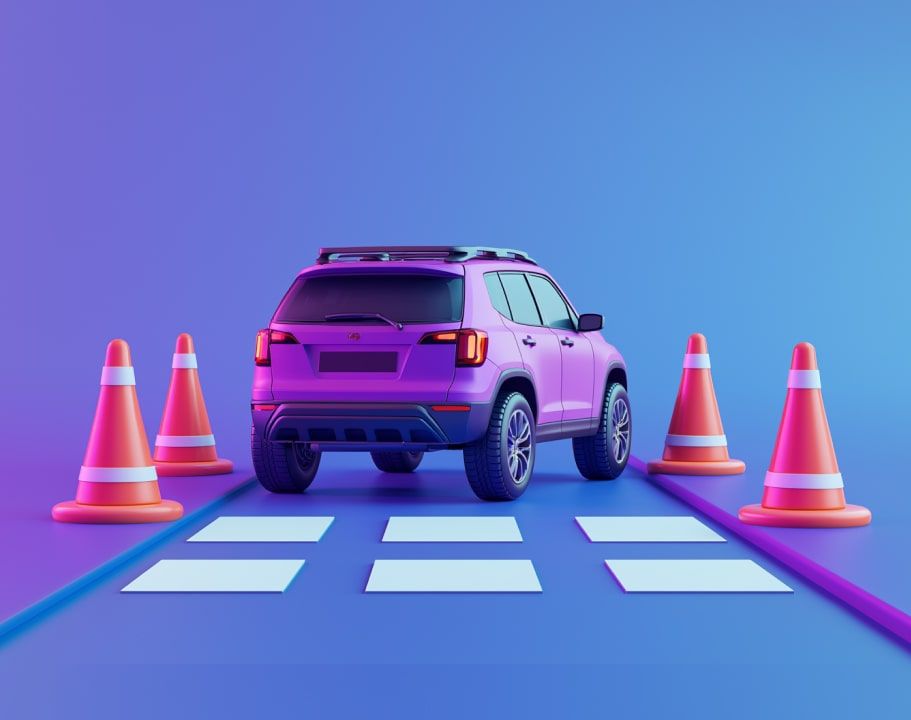Contents
Is it worth paying more for a brand-new car, or does a used one make more sense — especially when it’s often far cheaper and still reliable? This guide walks you through everything you need to know in Qatar’s fast-moving car market.
Comparing your options: New vs used cars
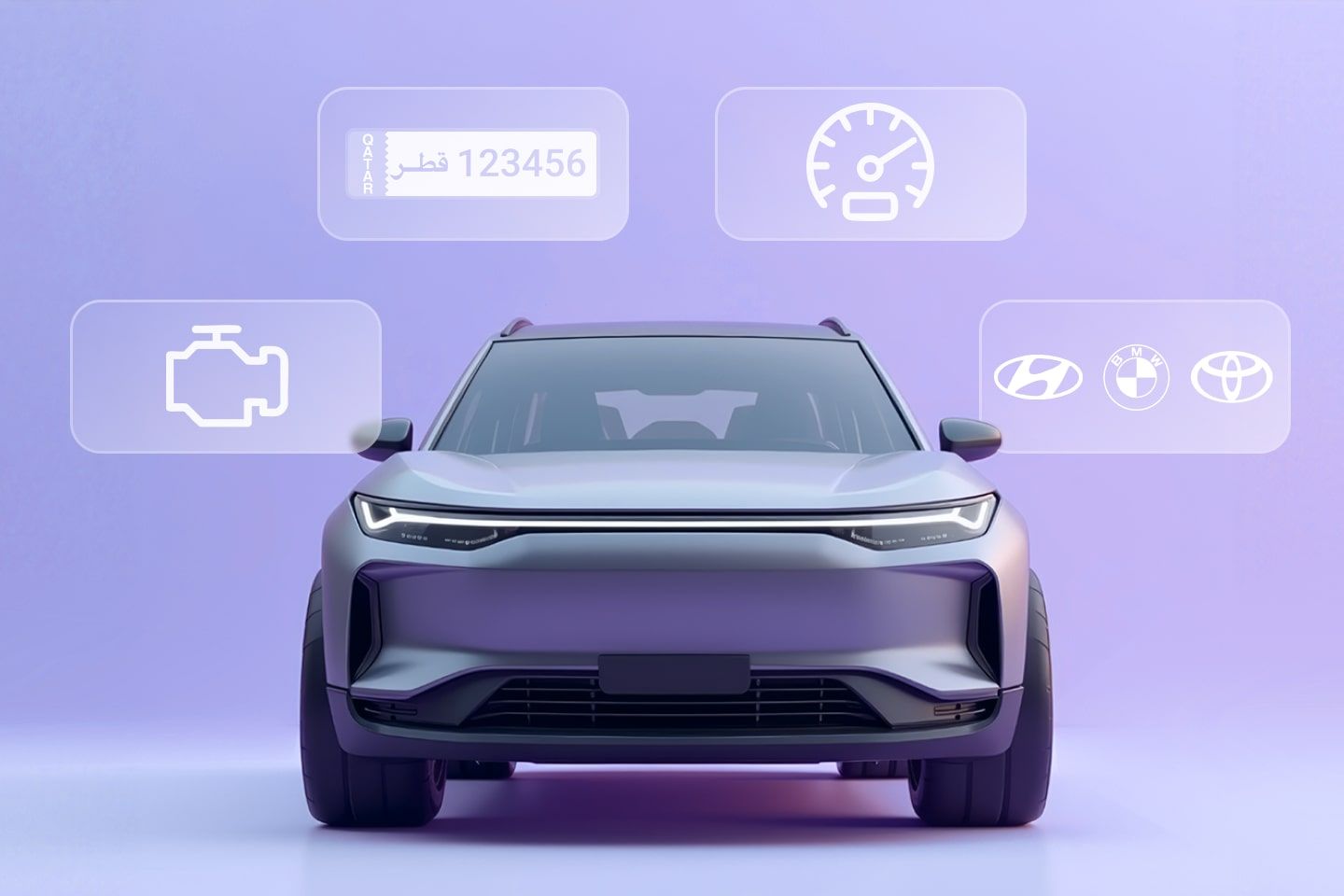
Choosing between a new or used car in Qatar comes down to more than just price — it's about resale value, maintenance costs, and how long you plan to keep the vehicle. Here's a side-by-side comparison of the key differences to help you decide which option best fits your needs.
Pros and cons of a new car
New cars in Qatar come with several advantages. When it comes to upfront costs and financing, dealer financing offers are available, and a warranty is included. Safety and technology are also plus points, as they offer the latest safety features — ADAS, airbags, stability control, and infotainment systems.
Maintenance and reliability are also something to consider, as during the first years, minimal repairs are usually required, and they're covered under warranty. Resale value is also easier to manage if the brand is popular with strong market demand.
However, there are disadvantages. In the first 5 years, most cars lose about 60% of their value. Buyers will also pay extra for features they may never need or use. Moreover, once the warranty expires, parts and servicing can become expensive. Finally, as soon as the vehicle leaves the showroom, there's an immediate value drop.
Pros and cons of a used car
Used cars offer some strong advantages. First and foremost, they are 30-50% cheaper than new. Recent models may still include good safety and technology features, and depreciation has already been absorbed — a service history reveals the car's condition. Lastly, popular brands tend to hold their value with slower depreciation after the first years.
On the other hand, some banks may limit financing options for older cars. Older vehicles may lack modern safety features, and there is a higher risk of hidden issues, with repairs being less predictable. Lastly, resale value may also be lower for less-known brands with high mileage.
Real-world examples: Jetour T2 vs Nissan Patrol
Understanding the pros and cons is easier with real cars on the Qatari market. Below is a side-by-side comparison of a newer mid-range SUV, the Jetour T2, and one of the most popular premium options, the Nissan Patrol.
|
Aspect |
Jetour T2 |
Nissan Patrol |
|
New price |
~ QAR 129,000+ |
QAR 237,000+ |
|
Used market price |
QAR 40,000–QAR 110,000 (depending on mileage and general condition) |
~ QAR 100,000–218,000 (depending on mileage and general condition) |
|
Resale value |
~ 50% value loss after 5 years, resale less predictable |
Strong resale — often retains ~60% of original value after 5 years |
|
Fuel economy |
Around 10–12L/100 km — moderate for SUV class |
15L+/100 km, high daily fuel cost |
|
TPL insurance in Qatar |
Starts from QAR 500 per year |
Starts from QAR 500 per year |
|
Maintenance & parts |
Covered under new warranty |
More expensive parts and servicing, but strong dealer support |
|
Buyer fit |
Best for budget-conscious buyers who want new tech at a lower price point |
Best for long-term residents who want prestige, durability, and strong resale |
What to check before buying a used car
Buying used in Qatar can save you money, but it does require more attention to detail. Here’s what to keep in mind:
Service history: Regular servicing at authorized dealerships is a good sign, while gaps in records can be a red flag.
Istimara status: Make sure the car’s Istimara is up to date, since expired registration can complicate ownership transfer.
Inspection: Check for signs of accident repairs and take a test drive — to reveal problems not visible on paper.
Insurance eligibility: Some older cars may be harder or more expensive to insure, due to safety concerns.
Mileage-to-age ratio: A 5-year-old SUV with 30,000 km is likely to be a better deal than a newer one with 60,000 km.
Brand reputation: Choosing well-known brands with proven resale worth like Nissan or Toyota is usually a better investment than selecting less familiar brands despite their lower initial cost.
Costs beyond the price tag
Fuel economy is a difference buyers often underestimate. A Jetour T2 averages 10–12 liters per 100 km, which is reasonable for an SUV, while a Nissan Patrol can exceed 15 liters per 100 km. Over thousands of kilometers each year, that gap adds up.
And then there’s depreciation. A brand-new Patrol typically depreciates by around 30–40% after 3 years. A Jetour also depreciates quickly. Factoring this in helps you understand the real cost of ownership, not just what you pay on day one.
Finally, there’s scheduled maintenance. A basic oil and filter service at a local garage may cost around QAR 150–200, while full periodic service packages offered by dealers starts from QAR 1,000 and can go up, depending on service interval and what’s included — oil, filters, brakes, belts.
Where to buy used cars in Qatar
Car buyers in Qatar have plenty of options, each with pros and cons. Certified dealers like Saleh Al Hamad remain the safest option, whether you’re buying a new car or a certified pre-owned one, since they often include warranty coverage and verified service history.
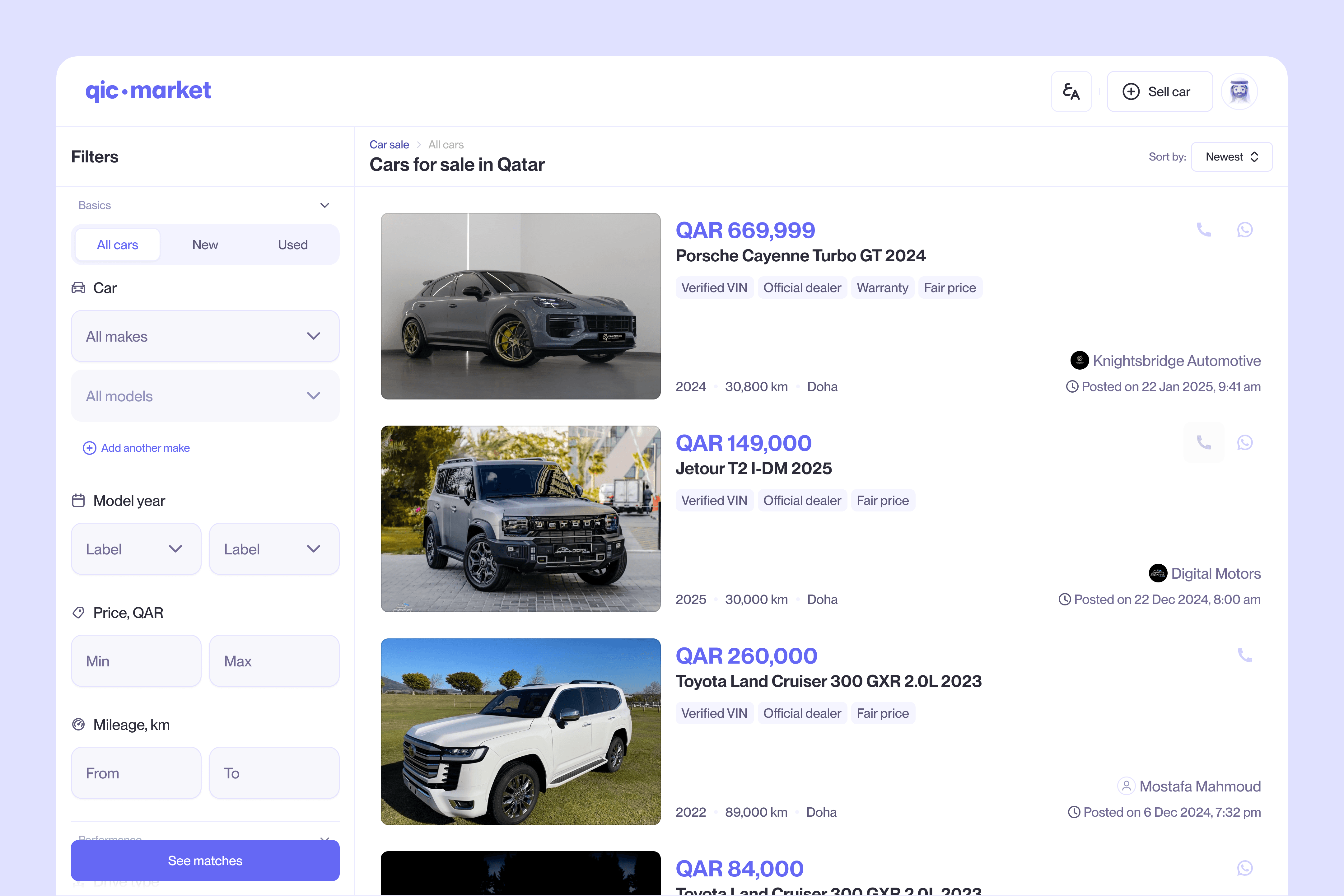
For online searches, there are multiple platforms. QIC App Market lists a wide variety of vehicles, from budget sedans to high-end SUVs. Regional sites such as YallaMotor and CarSemsar are also popular for browsing and comparing prices, giving you a good sense of what a typical car for sale in Qatar costs.
Private sellers may have lower prices but there's more risk involved, particularly if the service history is not clear, or if the car was imported. Trade-ins at dealerships are an option, if you're looking to trade in your current car and lower the upfront cost of a new one.
And if you’re still unsure about buying, it might be worth trying out a vehicle short-term. Many expats choose to rent a car in Qatar for a few months before deciding whether to buy new or used.
Want to learn more about driving in Qatar? Check out this guide:
